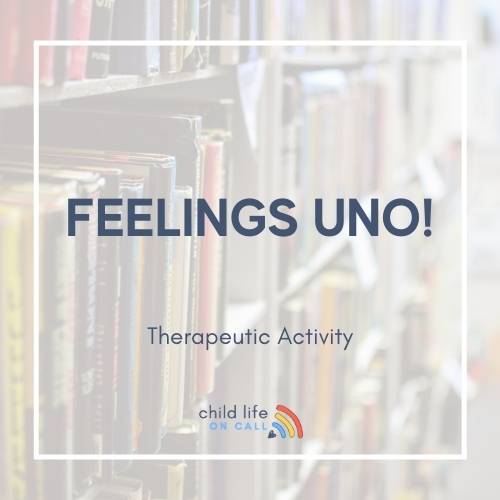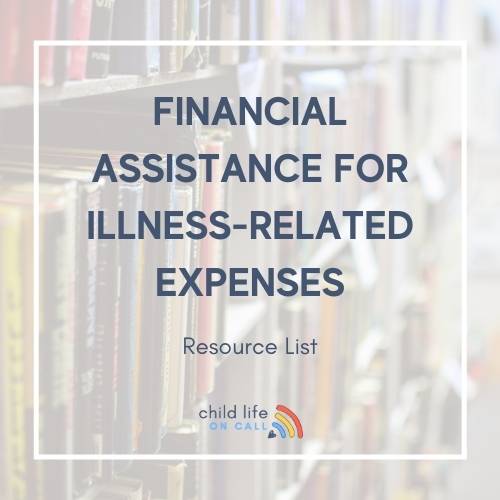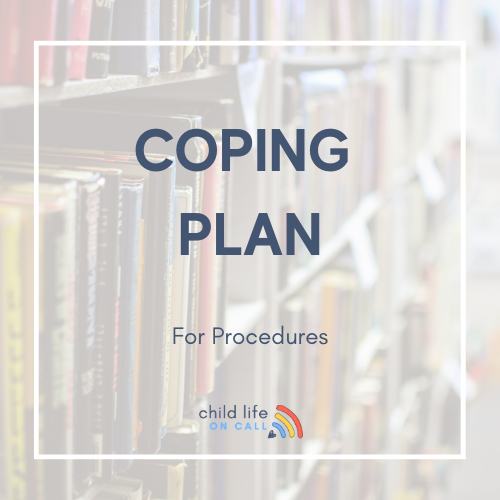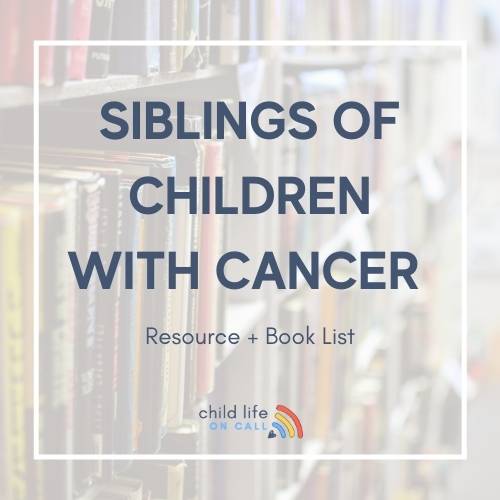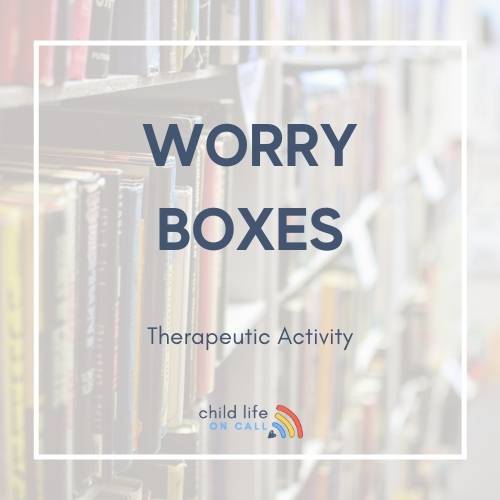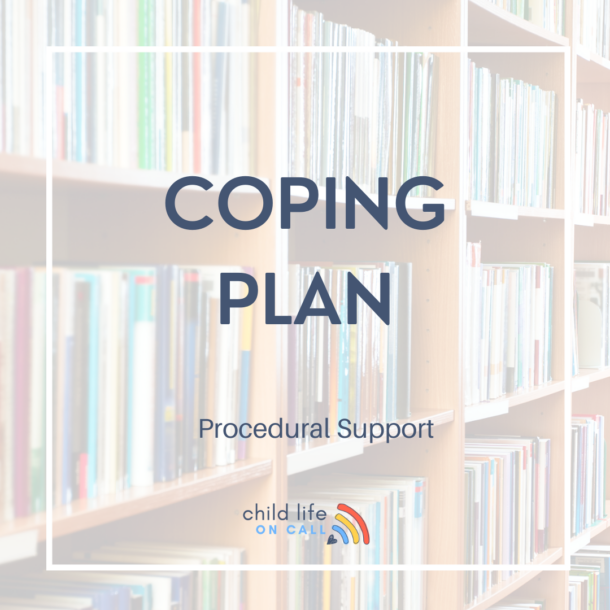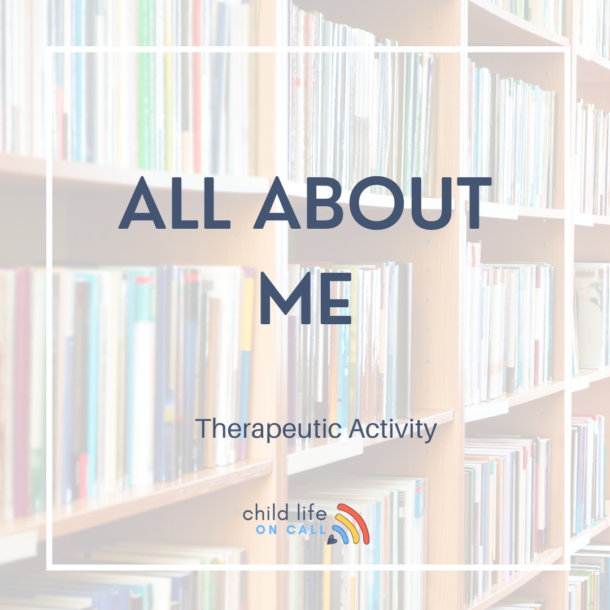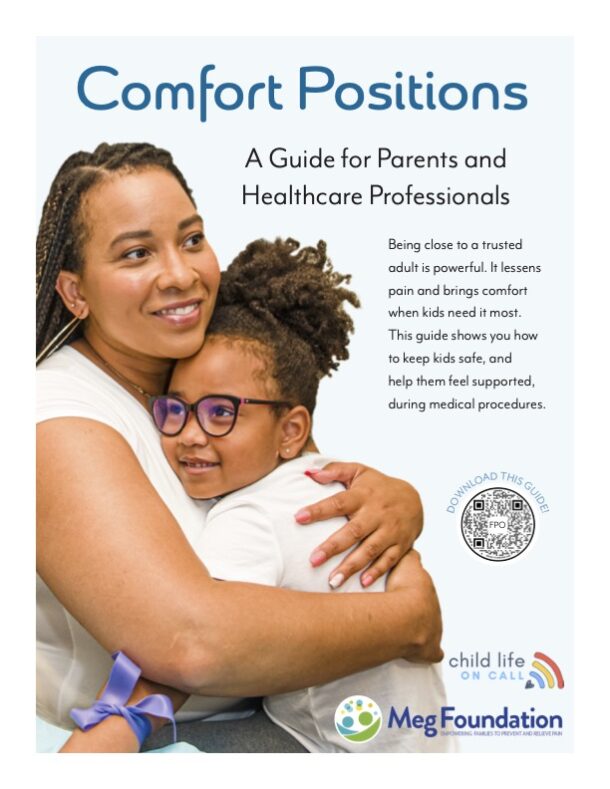Ever have to “child life” yourself through something? If not, now’s your chance! Interviews are scary, there’s no denying it. Especially when it comes to child life experiences, the competition is high and the pressure you put on yourself can be overwhelming. My best advice: normalize the interview experience for yourself. What does this mean?
- Practice! This can be with a child life friend, child life professional, family member, roommate, partner, or whoever is willing to sit and ask you questions. The more you practice the more normal the experience will be.
- Record yourself: Yup. We all hate our own voices. But, typically I find that you are your toughest critic. If you even just record your voice without the video you will pick up on things that no one else will identify. You can hear the “ums,” uncomfortable pauses, your speed, your tone, etc. It is awkward but a great way to improve your communication skills.
- Dress for success: Even if you are at home it is important to dress the part! Dress how you would if this was an in-person experience. This will help with your mindset.
- Practice the format: When you practice, be sure to replicate how the actual interview will happen. If it is a phone screening, then practice your interview on the phone. Is it a zoom interview? Practice with zoom in the room you will be using!
- Grounding and Fidgeting: Grounding is a principle that is commonly used for anxiety. It can be helpful for interviews as well. It requires taking an inventory of your body and connecting back to the ground. Plant your feet firmly on the ground and avoid spinning your chair. You can also keep a small object in your hand, such as a paper clip, to fidget with. This can sometimes help to calm our bodies so that we can focus more. It’s important to practice these things so that you can determine what works best for you!
But what about content? How do I prepare my answers? Lots of students like to take the general practice questions and write down notes. While I think that is a great first step to start thinking and brainstorming, you can’t rely on those notes when it comes time for interviewing. My advice is to write down bullet points or key words/phrases that you want to remember for some of those general interview questions such as what are your strengths? What are your weaknesses? How did you learn about child life? Then, when the questions come up you have your key points to remember versus a memorized answer!
Be sure to have a few key experiences with children to talk about as well. Many people like to think about the STAR method when answering scenario questions. Here is a great article about utilizing the STAR method!
As we wrap this up, remember that you are interviewing them too. Particularly if this is for an internship experience consider this: you will be spending 4 months and 600 hours with this team. They will shape the foundation of your child life clinical practice. It is important that you find the right fit for yourself! You will start out this process having your “top choice” and I guarantee it will change after interviews!
Final takeaways: practice, prepare, and be yourself. Interviews are not one sided, it is the beginning of a professional and educational relationship!


